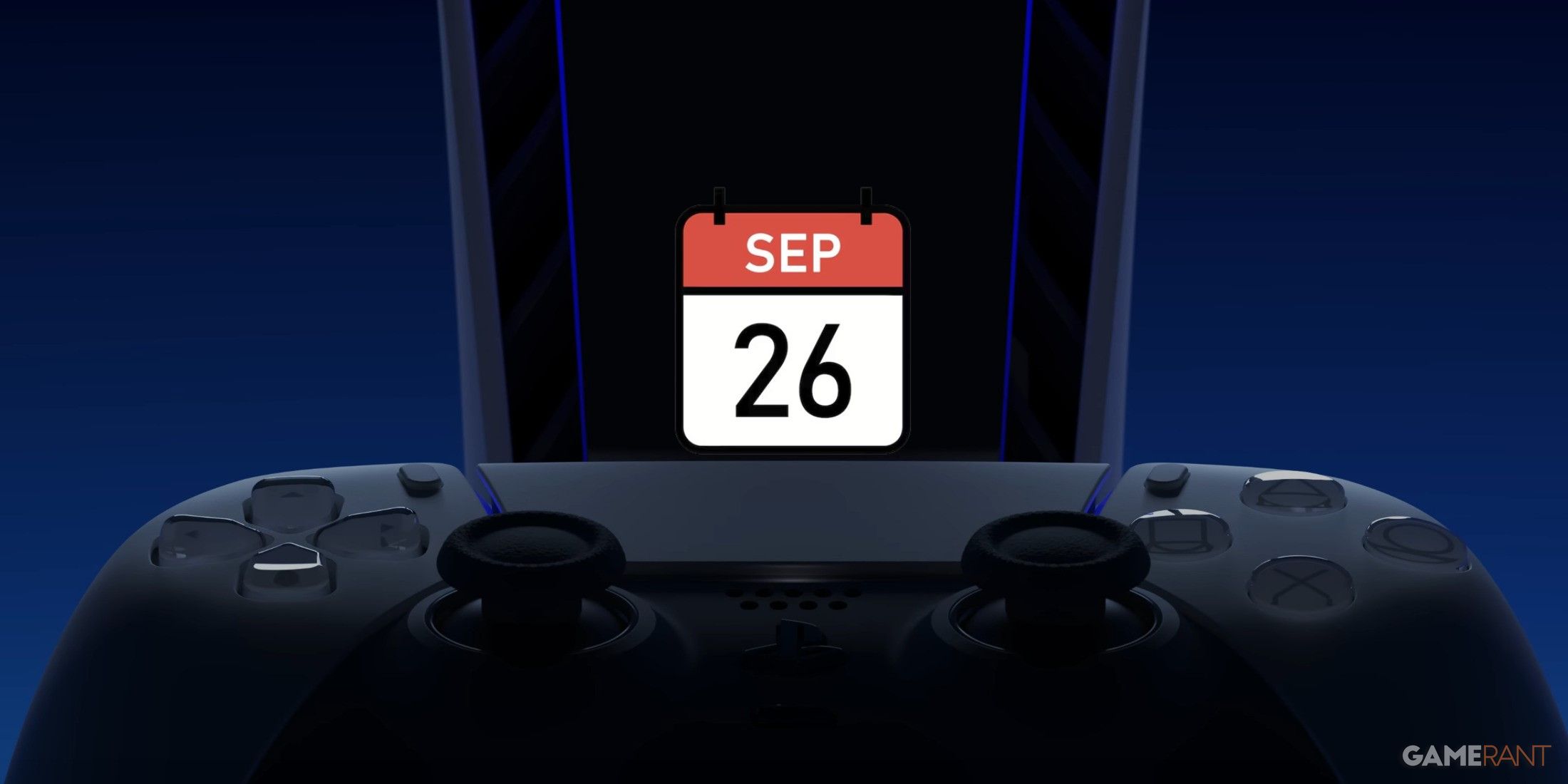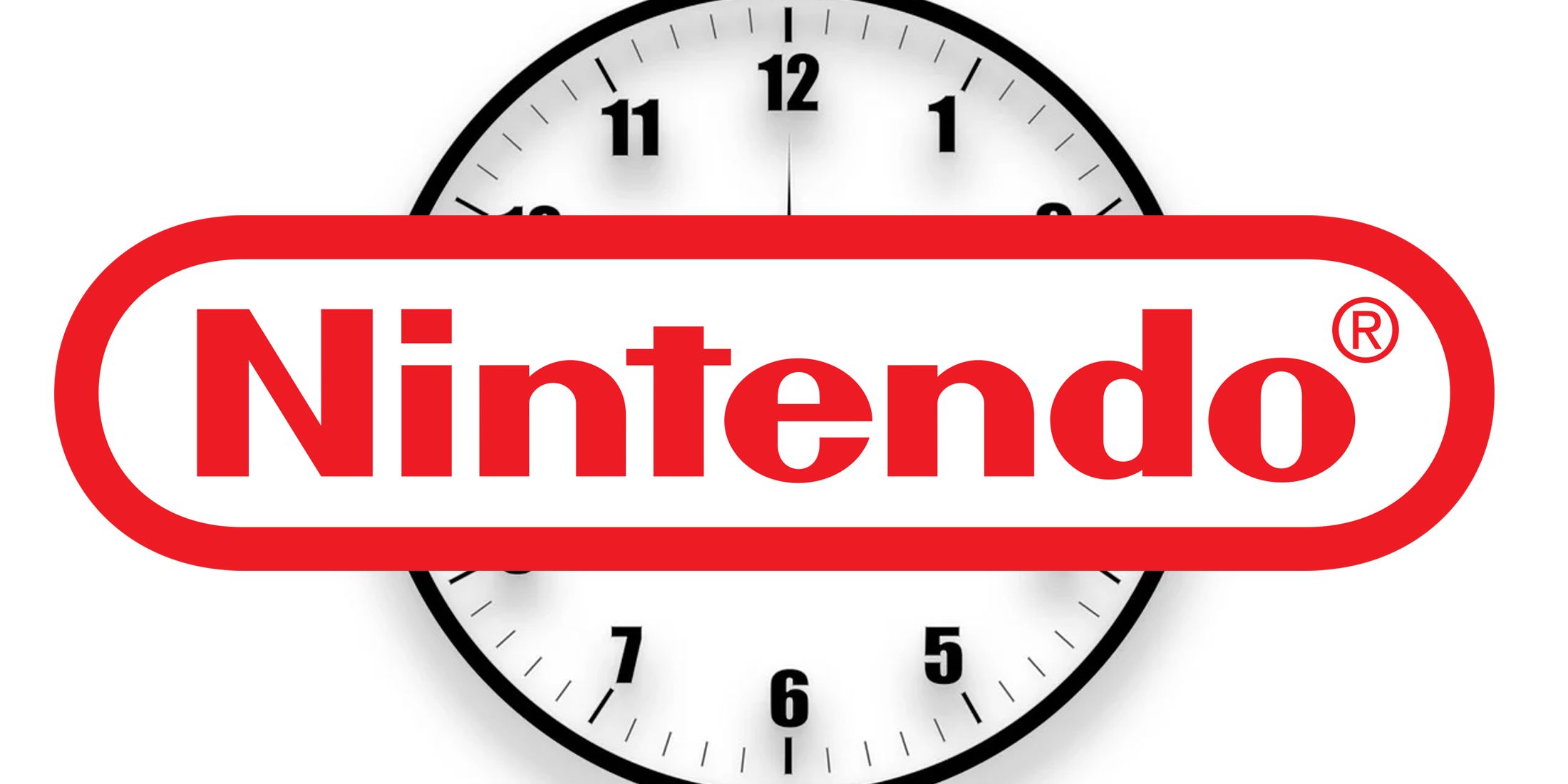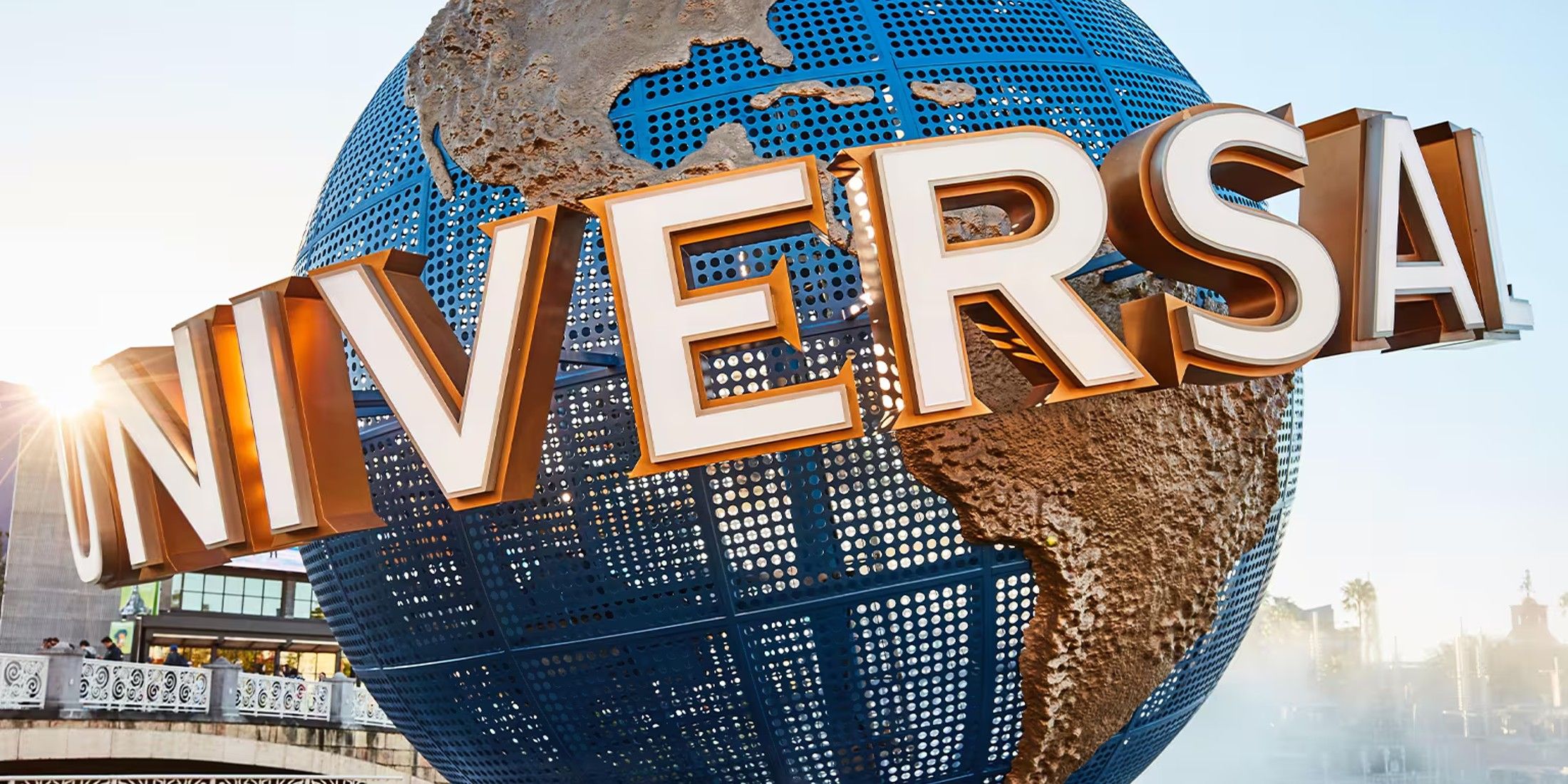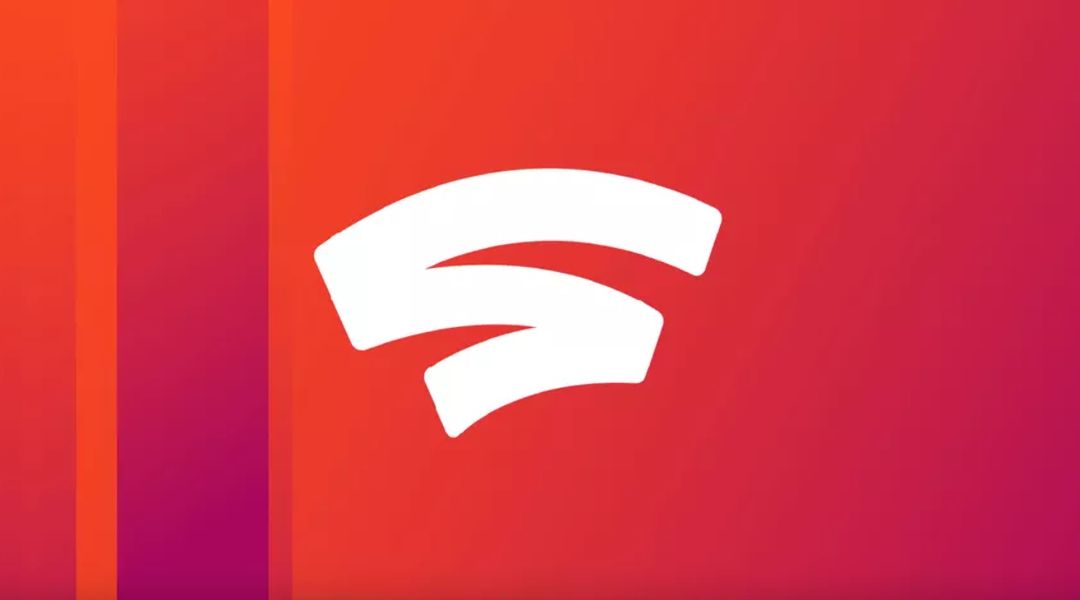New details regarding Google's efforts to launch and get its Stadia cloud gaming subscription service have been reported on this Friday. It's well-known that Google went big from the very first day Stadia launched, advertising and offering a wide variety of AAA releases. What's now being reported is that Google spent astonishingly high costs to publishers to port their games to Stadia. And, as is now apparent, it hasn't worked out as Google had planned.
A report from Bloomberg's Jason Schreier goes into detail regarding Google's strategies for Stadia. A big focus for Stadia, and ultimately one of the platform's biggest errors, was a focus on major AAA releases. Stadia partnered with Ubisoft and Bethesda to get games like Assassin's Creed and Doom. Stadia paid big for those games, too, paying "tens of millions of dollars" for games like Red Dead Redemption 2, as confirmed by two different sources familiar with the situation.
The rest of Schreier's report goes on to explore other examples of Google trying to go very big very quickly. Perhaps the best example being its quick investment in internal game development. It mentions Google bringing in veteran studio lead Jade Raymond, who had been leading Ubisoft's Motive studio, as an example of the kind of push Google was making. Of course, everyone now knows how that turned out. At the start of February, Google shut down all internal game development with no games launched.
While it's difficult to say what Google could have done differently, Schreier does pose a different scenario on Twitter. He says that instead of giving $20 million to Ubisoft to bring Assassin's Creed and The Division 2 to Stadia, imagine if Google had paid $1 million to 20 small developers, "betting that at least one of them will be a hit like Stardew Valley or Valheim." Obviously, that's not what happened, but it does frame what Google did do.
The reality is that while Google's deals to get several AAA games on its platform likely led to a degree of success, it was never going to lead to a massive shift to the Stadia platform. Whereas an exclusive like Valheim or a first-party game unavailable on other platforms could have driven a much larger wave of subscribers and users.
Stadia isn't gone, of course; it's still available. It's also continuing to release exclusives, like the recently announced PixelJunk Raiders. Perhaps Stadia is shifting direction going forward or perhaps it's slowly winding down. It's a frustrating situation for Stadia users to be in, to be sure.
Source: Bloomberg




